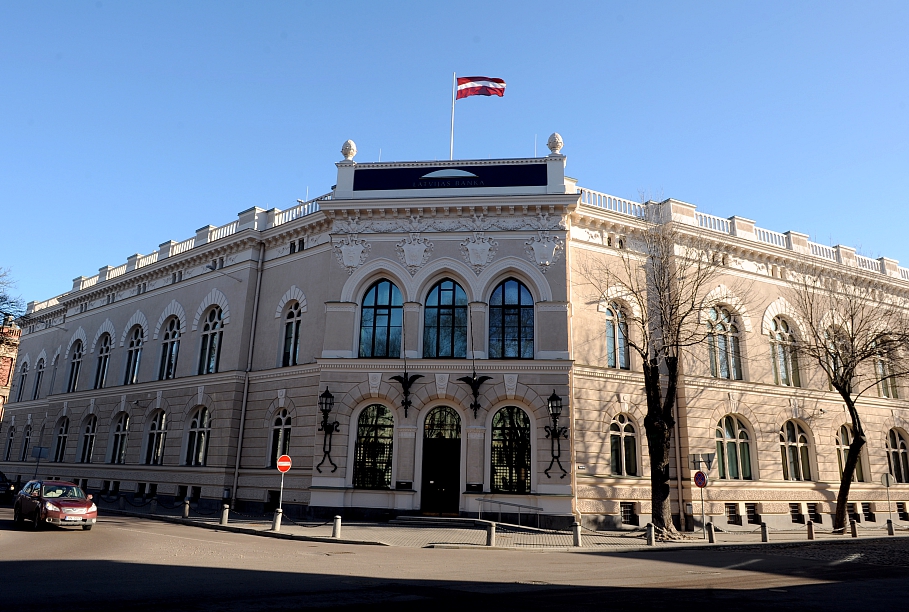The central bank’s economists have prepared a document called 'Tax Strategy 20/20', proposing to cut personal income tax from 23 percent to 20 percent, and calling for a series of other reforms of the corporate tax system.
Nodokļu sistēma Latvijā ir sarežģa, bieži mainīga un godīgu uzņēmējdarbību apgrūtinoša. Tādēļ esam izstrādājuši “Nodokļu stratēģiju 20/20”. pic.twitter.com/rBe85hFCKW
— Latvijas Banka (@LatvijasBanka) February 27, 2017
"The tax system in Latvia is complex, often changed and burdensome to honest businesses," LB tweeted in presenting its plans.
The full proposals are HERE (in Latvian).
Accompanying graphics depicted the switch as a change from a "complex" cube-pyramid-cylinder system to a "simple" cube-cube-cube regime.
Increased revenues will be reflected in a rise of consumption and higher payment of consumption taxes into the state budget, LB claims.
Capital gains tax should be raised by 5 percentage points to 20 percent, balancing the tax rate on income irrespective of the source of income. The rate on income from capital should also be raised from 10 percent to 20 percent, according to LBs plans, and reinvested profits would get a 0% rate.
Inequality of income should be reduced by reforming social benefits programs rather than introducing a progressive tax system, they say.
Implementation of the plan would benefit the economy to the tune of €700 million, or 2.4% or GDP, the bank claims.
The release of the LB plan would appear to be no accident with the Finance Ministry due to make its own recommendations soon, after commissioning the World Bank to report on tax reform.
As recently as December 2016, long-time central bank governor Ilmars Rimsevics was warning against tinkering with taxes, saying:
"I think the greatest problems are created by uncertainty – uncertainty about the future, uncertainty about whether taxes will be raised... It once again indicates that our call that we have repeatedly issued to politicians, the government, parliament and society at large to come to an agreement on a stable and unchangeable tax system for at least one election cycle, i.e. four years."
He also advocated "not developing new report forms, declarations and other documents, which already are very complicated and take a lot of time."
In the same speech, Rimsevics made a barely-disguised dig at the World Bank's work, saying:
"We also believe that we should stop listening to the advice of foreign experts with an uncritical ear and moreover to buy this unqualified advice for large sums of money. We have enough finance specialists and economists who could draft the necessary decisions, and it is hardly efficient to pay huge amounts of money for expert advice that is like old warmed up soup."
Now having laid the central bank's own soup on the table, it remains to be seen whether it will be gobbled up by government or poured down the plughole.






























